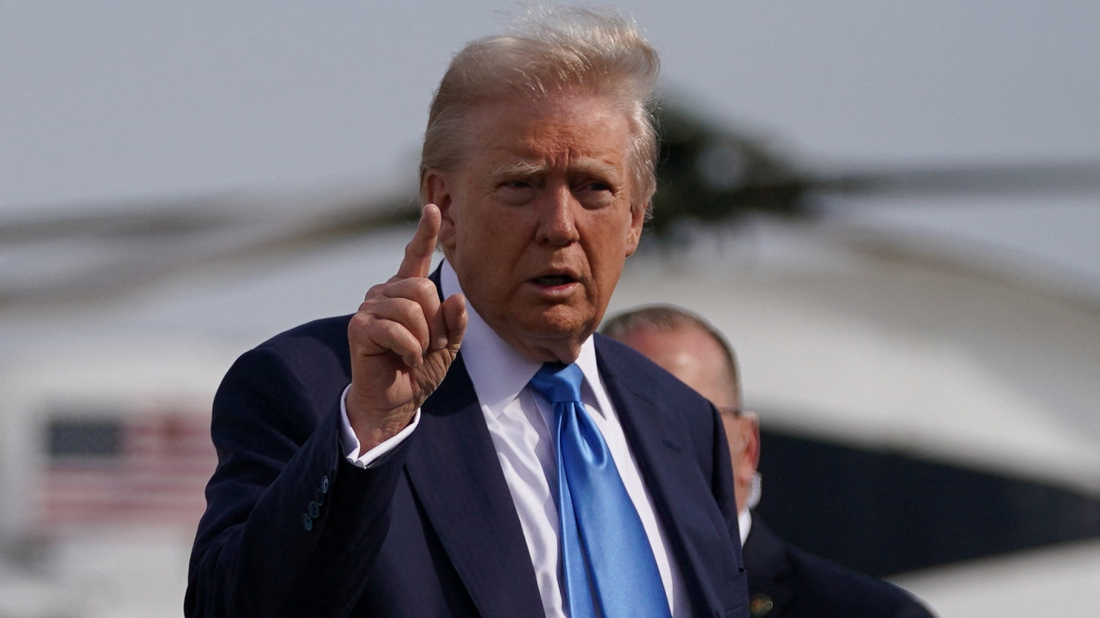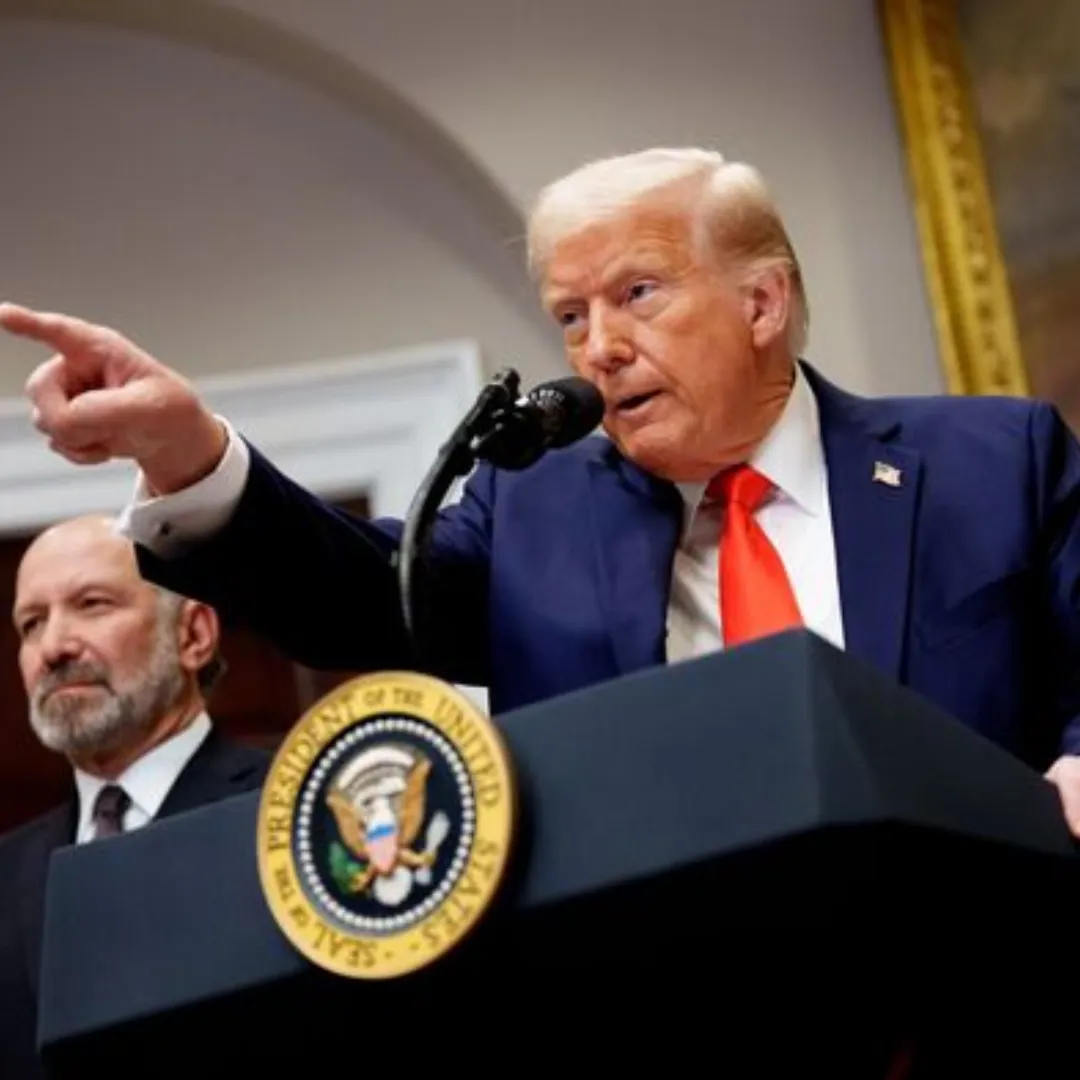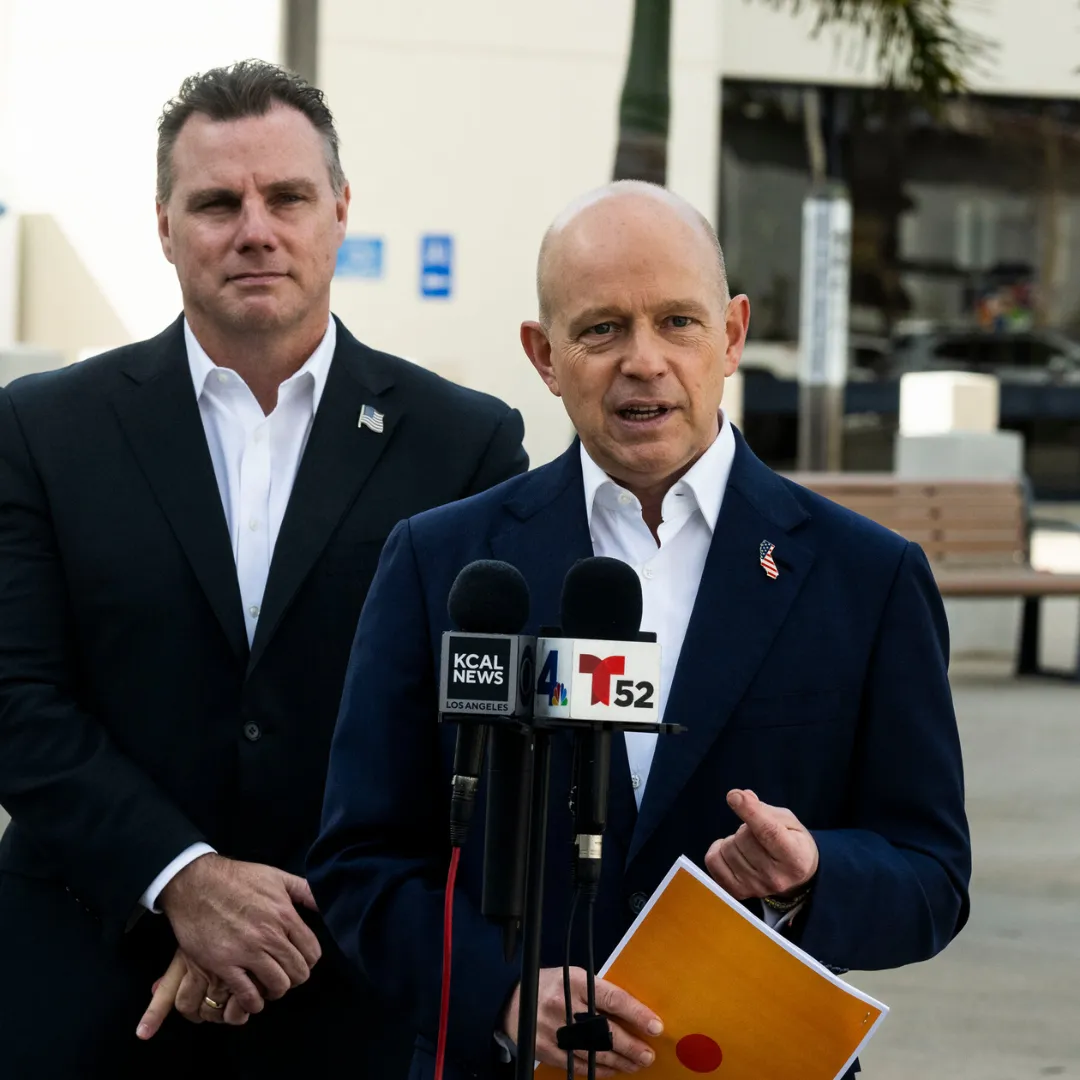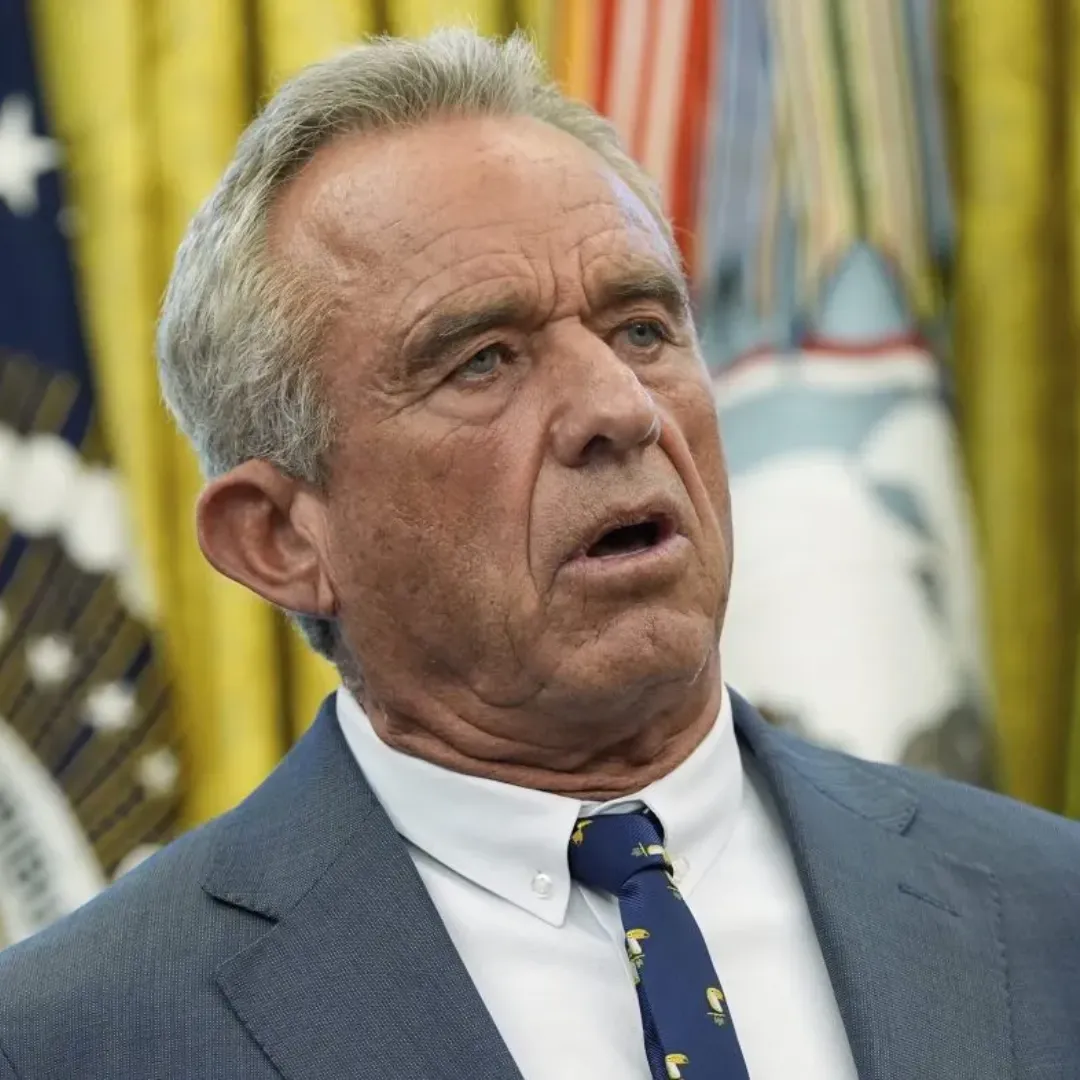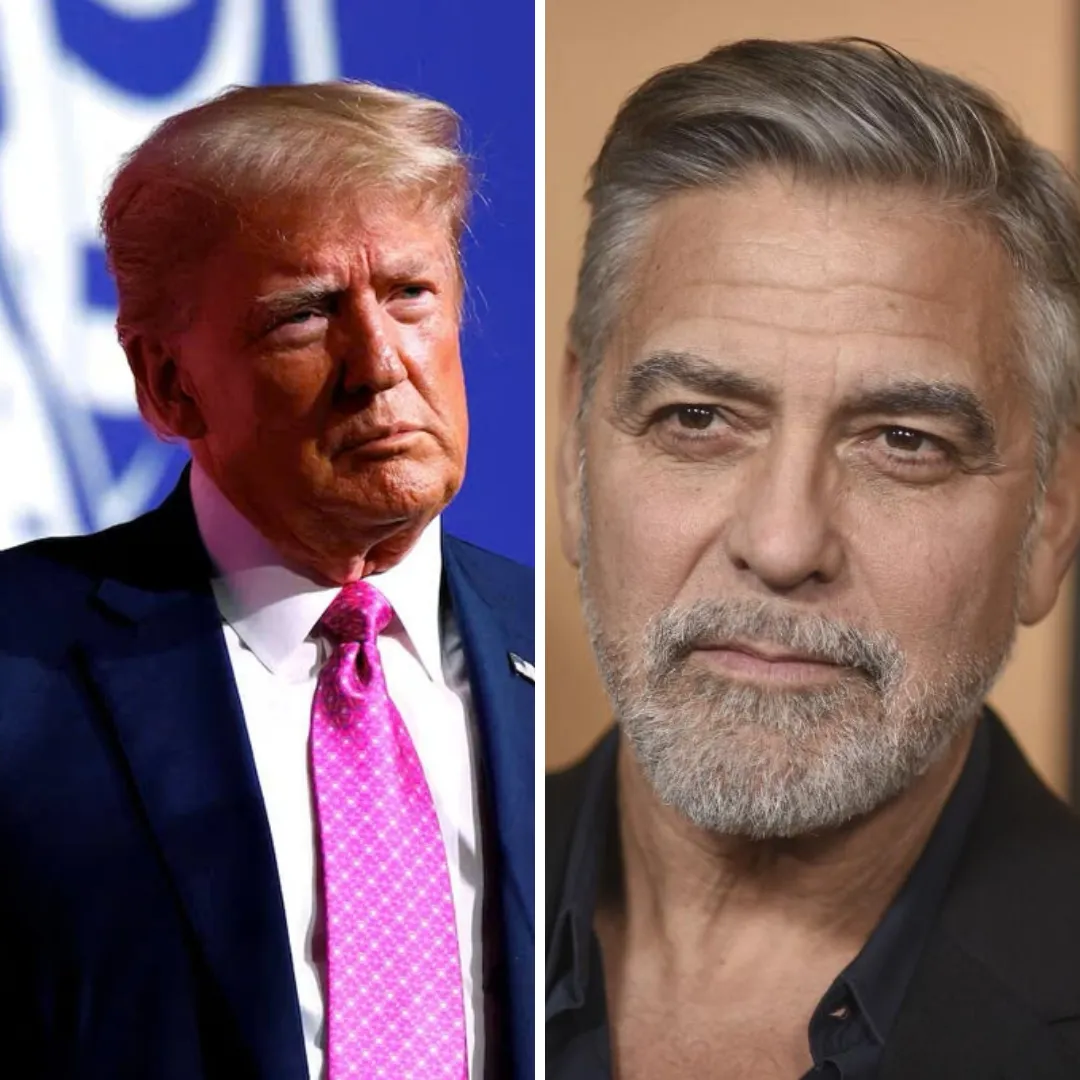President Donald Trump stirred controversy over the weekend by demanding that American commercial and military ships be allowed to travel through both the Panama Canal and the Suez Canal without any charges.
In a Saturday post on Truth Social, Trump argued that these critical waterways should be free for U.S. ships to navigate, stating, "American Ships, both Military and Commercial, should be allowed to travel, free of charge, through the Panama and Suez Canals! Those Canals would not exist without the United States of America."
Trump further emphasized his stance, saying that he had instructed Secretary of State Marco Rubio to "immediately take care of, and memorialize, this situation!" The president’s comments drew immediate attention and sparked debate about the implications of such a move, particularly given the historical and strategic importance of both canals.
The Panama Canal, a vital shipping route that connects the Atlantic and Pacific Oceans, is currently under the control of Panama, which has governed the canal since 1999, following the signing of the Torrijos-Carter Treaties.
Trump's suggestion that American vessels should have free passage through the Panama Canal was part of his long-standing rhetoric about the U.S. reclaiming control over this key maritime route. For months, the president has claimed that the canal is under the influence of China, though there is no solid evidence to support this claim.
Trump has repeatedly voiced his desire to regain control over the Panama Canal, calling it essential for "economic security." He has even mentioned the possibility of military action to take over the canal if necessary, a statement that has caused alarm among political observers and leaders in Panama.
Panama’s President, José Raúl Mulino, has consistently rejected these claims, asserting that the canal will remain under Panama’s control. The Central American nation has insisted on its sovereignty over the canal, reinforcing the message that the waterway is not open to foreign intervention.
During a visit to Panama earlier this month, U.S. Defense Secretary Pete Hegseth echoed Trump’s rhetoric, claiming that the U.S. and Panama would work "side-by-side" to diminish China's influence over the Panama Canal.

However, Panama’s leadership has repeatedly emphasized that they will not entertain foreign efforts to take control of the canal, regardless of external pressures.
Alongside the Panama Canal remarks, Trump also raised the issue of the Suez Canal, a vital shipping route in Egypt that connects the Mediterranean Sea to the Red Sea, dividing Asia and Africa. Trump called for U.S. military and commercial vessels to be granted free passage through the Suez Canal, which has been operational since late 1869 and serves as one of the most significant trade routes in the world.
“U.S. military and commercial vessels should be able to travel through the Suez Canal free of charge,” Trump said, reiterating his broader point about U.S. ships having unfettered access to global waterways.
The Suez Canal, through which 12 to 15 percent of global trade passes each year, has been a focal point of geopolitical tensions, especially in recent months. The canal’s strategic significance was made even clearer in March 2021, when the massive container ship Ever Given became stuck in the waterway, blocking passage for nearly a week and causing massive disruptions to global trade.
Trump’s call for free passage through the canal resonates with his broader foreign policy approach, which has often emphasized the need to ensure that U.S. interests remain protected in global trade and military strategy.
While Trump’s comments were made in the context of his broader vision of economic nationalism, they also reflect his continued emphasis on asserting U.S. dominance on the global stage. The president's demand for free passage through both the Panama and Suez Canals underscores his belief that American power and influence should be unchallenged, particularly in matters of global trade and military mobility.
The call for free passage through the Panama Canal is particularly controversial given the longstanding agreement between the U.S. and Panama that governs the canal’s operation.
Panama's sovereignty over the waterway was established in 1999, following the U.S. relinquishment of control under the terms of the Torrijos-Carter Treaties. Trump's suggestion that the U.S. should regain control over the canal raises concerns about potential violations of international agreements and the sovereignty of Panama.
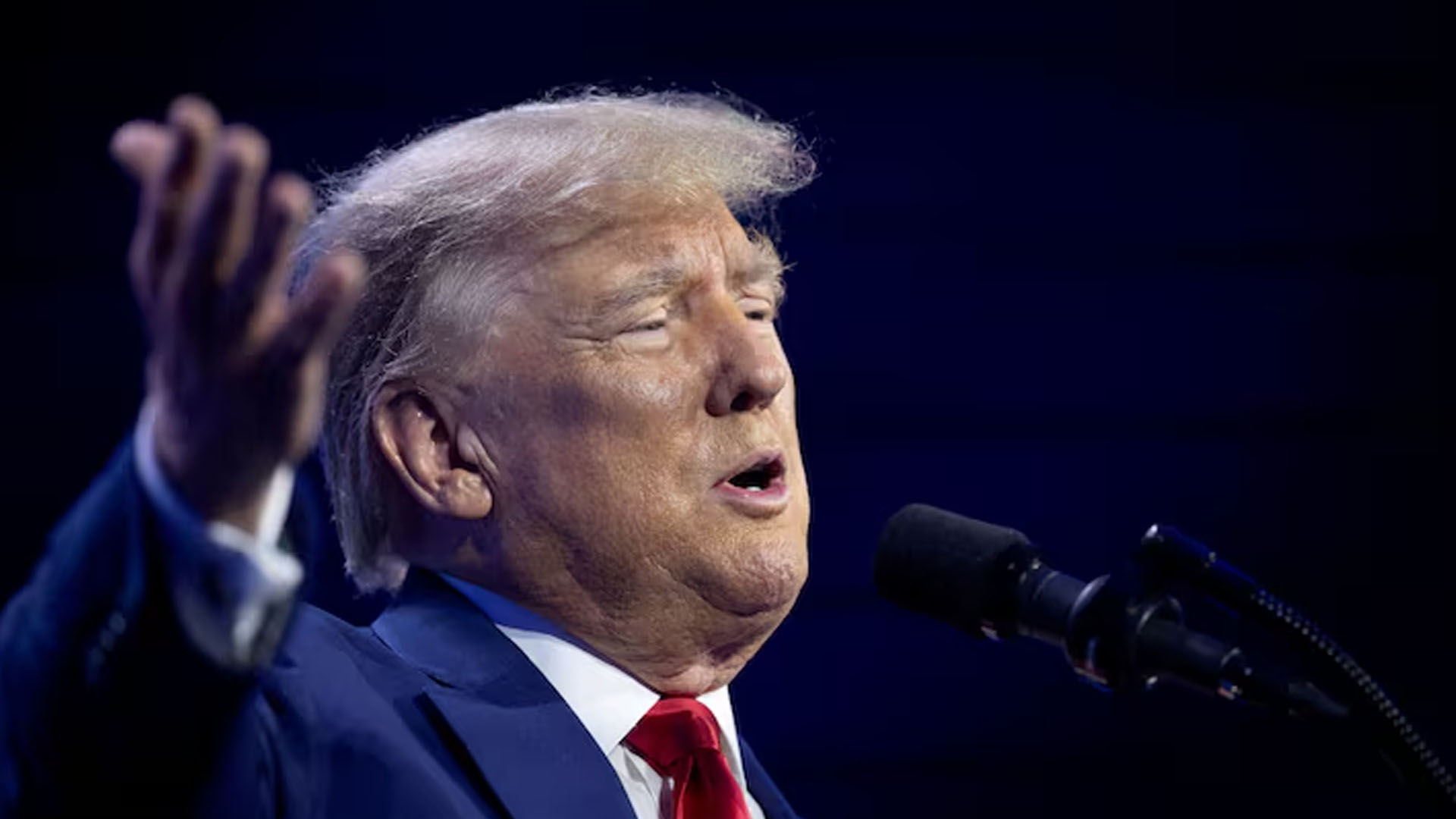
The Suez Canal, while not governed by similar international treaties, is still subject to complex geopolitical dynamics. Egypt, which controls the canal, has long relied on the revenues generated from tolls on ships passing through the waterway.
Trump’s proposal to eliminate fees for U.S. vessels could disrupt Egypt’s economy and strain relations between the two countries. While the U.S. has a significant military presence in the region, particularly in the Middle East, the Suez Canal is also crucial to international shipping, making any proposed changes to its operation highly sensitive.
In the context of global trade, both canals play an essential role in facilitating the movement of goods between major economic regions. The Panama Canal is critical for shipping between the Pacific and Atlantic Oceans, while the Suez Canal is one of the busiest shipping lanes in the world, connecting Europe with Asia and Africa.
Trump’s proposal to grant American ships free access to both waterways could have significant economic and political implications, especially if it disrupts the existing systems of tolls and fees that govern these vital trade routes.
The Trump administration has long pursued policies that prioritize American interests in global trade, including renegotiating trade agreements and imposing tariffs on foreign goods. Trump’s focus on reducing trade deficits and ensuring that U.S. businesses maintain a competitive edge has driven much of his foreign policy.
However, his latest comments about the Panama and Suez Canals reflect a more aggressive stance, one that seeks to assert American control over key international resources and shipping lanes.
While Trump’s call for free passage through these canals is unlikely to be taken seriously by Panama or Egypt, it highlights the president’s continued belief in the supremacy of American power on the world stage. His remarks also reflect his broader economic philosophy, which prioritizes U.S. interests above all else, regardless of the consequences for other nations.

As the Trump administration continues to navigate its foreign policy, the question of how to balance American interests with international relationships remains a key issue. Trump’s recent remarks on the Panama and Suez Canals are just the latest in a series of actions that have raised questions about his approach to global diplomacy and trade.
Whether or not his vision of a more assertive and nationalist foreign policy will resonate with the American public remains to be seen, but his calls for free passage through these vital waterways signal that he is committed to maintaining U.S. dominance in global affairs.
